When men stop believing in God, it isn't that they then believe in nothing: They believe in everything
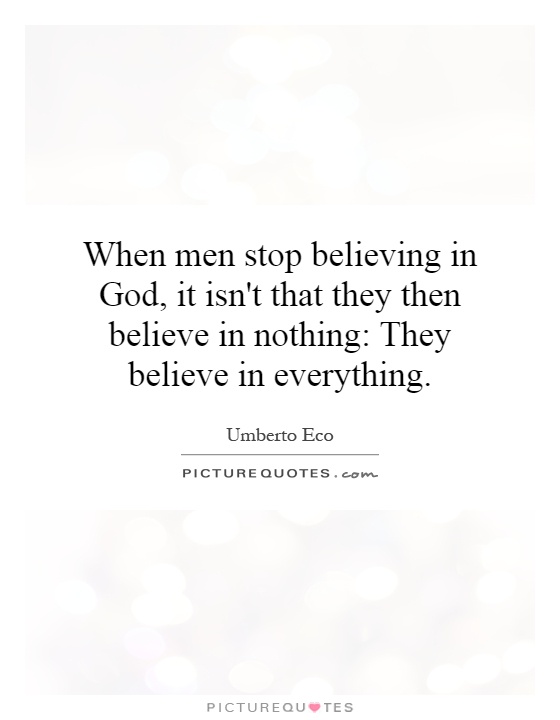
When men stop believing in God, it isn't that they then believe in nothing: They believe in everything
Umberto Eco, the renowned Italian novelist, philosopher, and semiotician, was known for his deep insights into human nature and the complexities of belief systems. His works often explored the intersection of religion, philosophy, and culture, and he had a keen understanding of the ways in which belief shapes our perceptions of the world.The quote, "When men stop believing in God, it isn't that they then believe in nothing: They believe in everything," is a profound observation that speaks to the human tendency to seek meaning and purpose in the absence of traditional religious beliefs. Eco understood that when individuals abandon organized religion, they often turn to other sources of meaning and significance to fill the void left by the loss of faith.
For some, this search for meaning may lead to a deep exploration of philosophy, science, art, or literature. These individuals may find solace and inspiration in the works of great thinkers and artists, using their ideas and creations as a guide to navigate the complexities of the human experience. Eco himself was a prime example of this, drawing on a wide range of disciplines in his own writing to explore the nature of truth, reality, and existence.
Others may turn to alternative belief systems, such as New Age spirituality, Eastern philosophies, or even conspiracy theories, in an attempt to make sense of the world and their place in it. These beliefs can provide a sense of comfort and security, offering a framework through which individuals can interpret their experiences and make sense of the chaos and uncertainty of life.
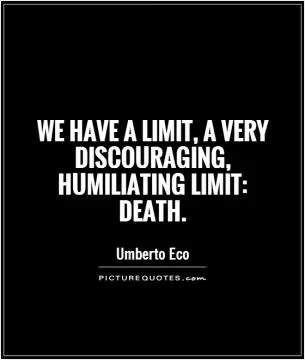







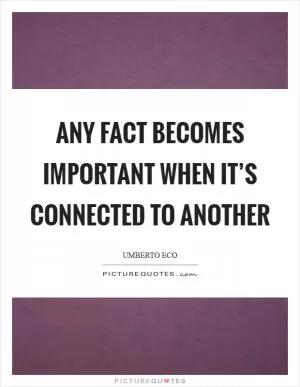
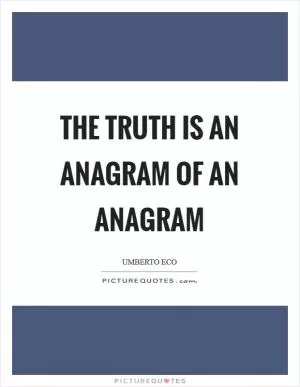
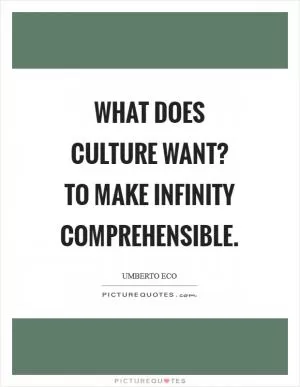

 Friendship Quotes
Friendship Quotes Love Quotes
Love Quotes Life Quotes
Life Quotes Funny Quotes
Funny Quotes Motivational Quotes
Motivational Quotes Inspirational Quotes
Inspirational Quotes